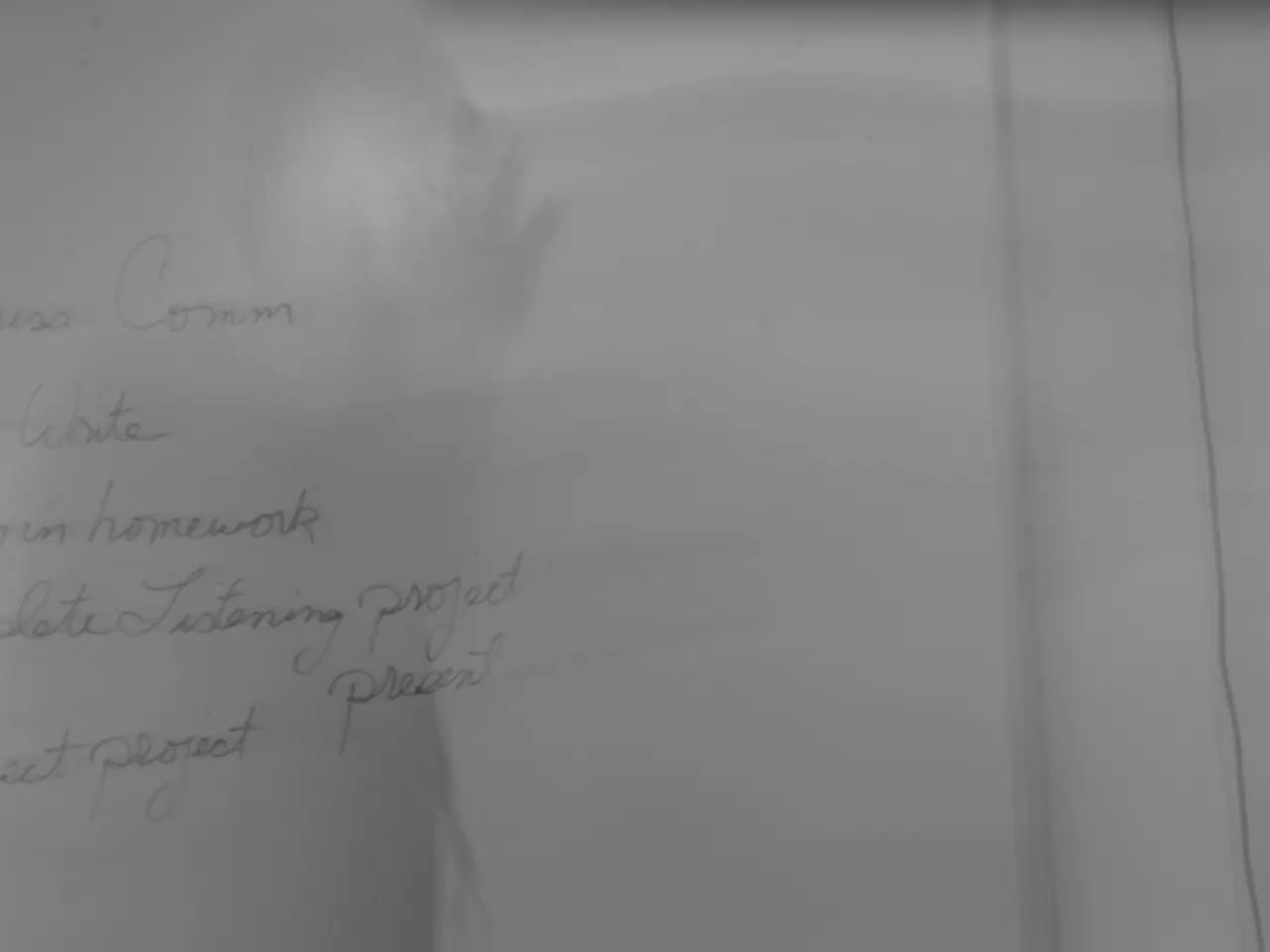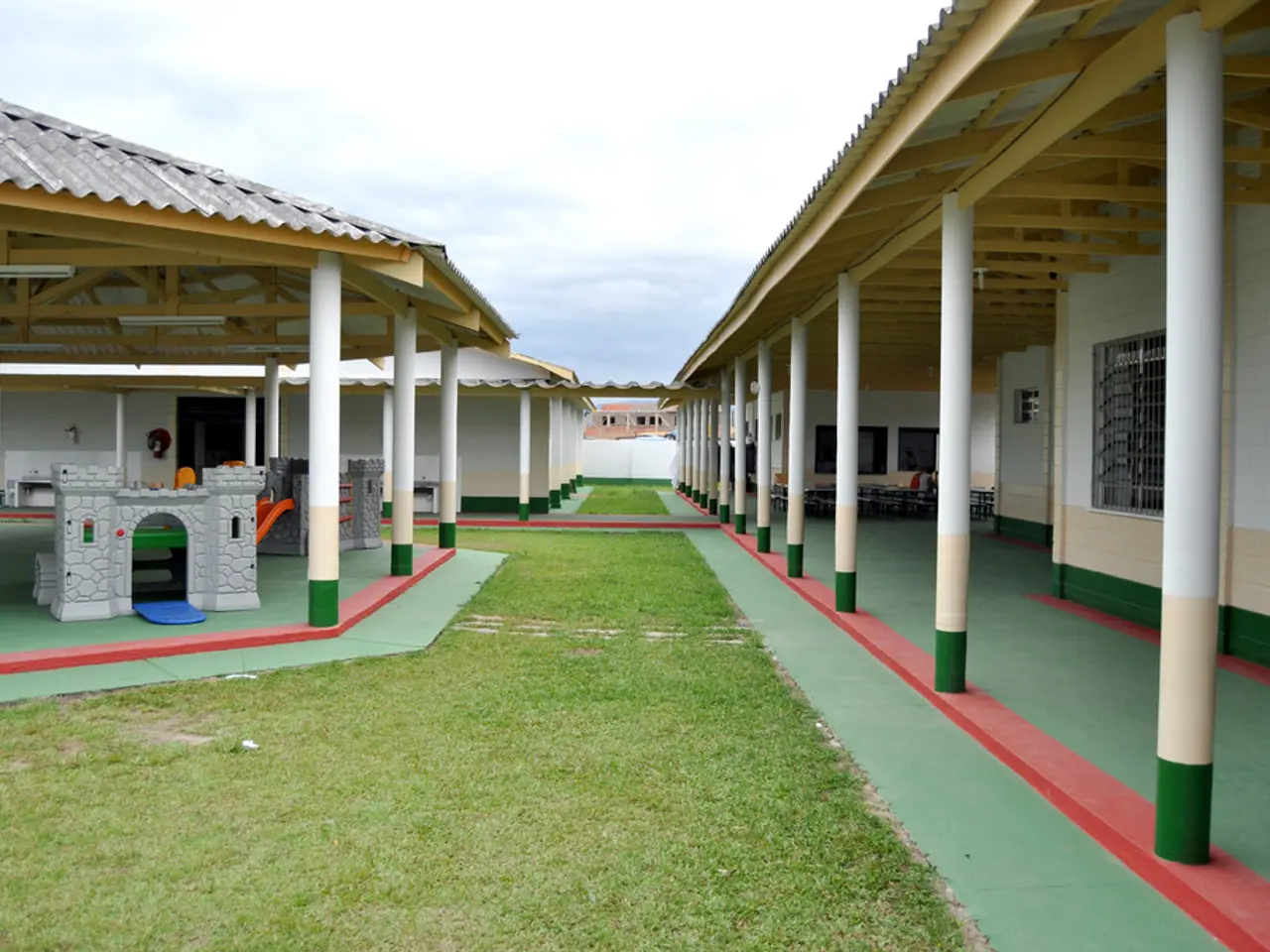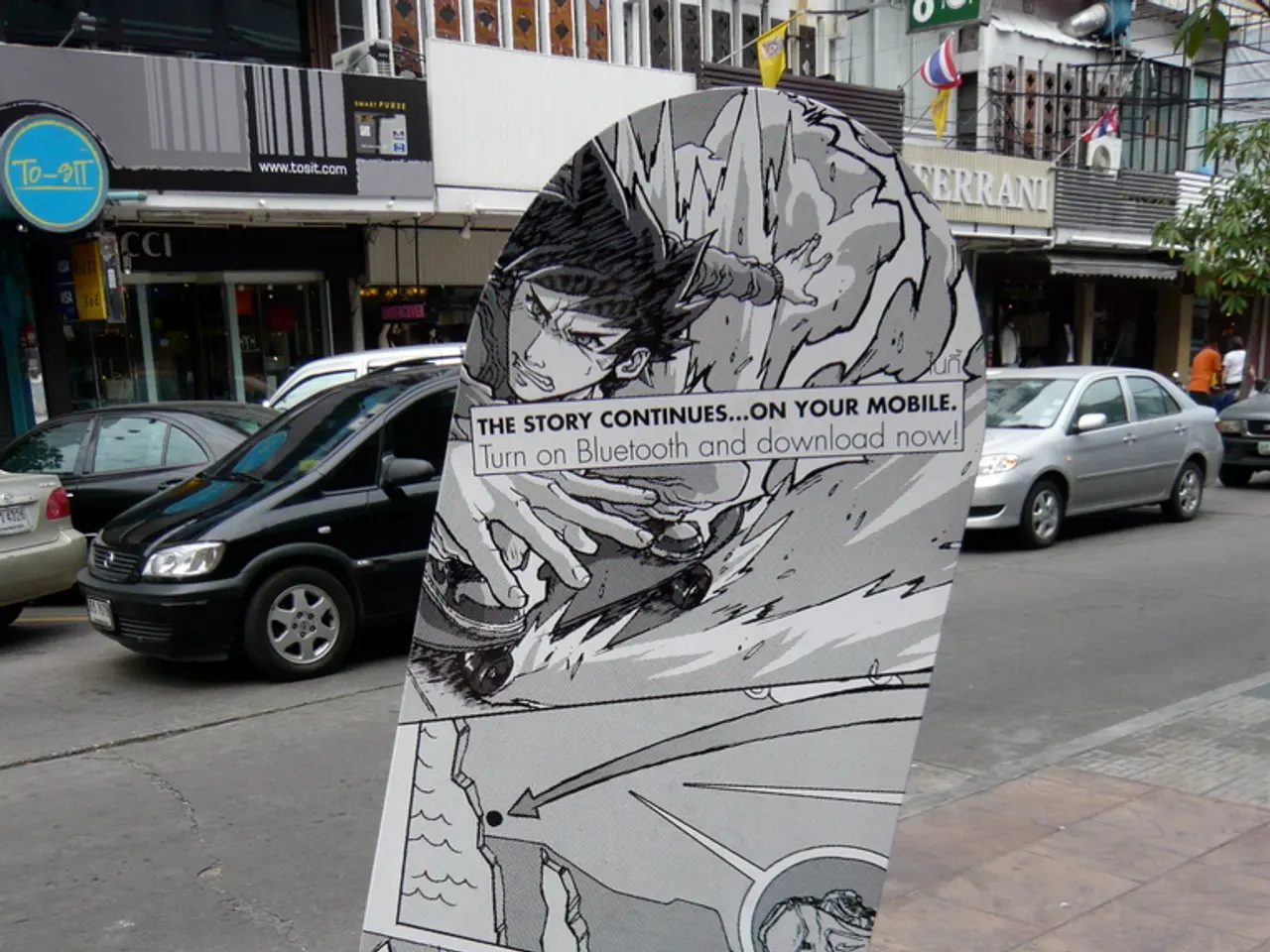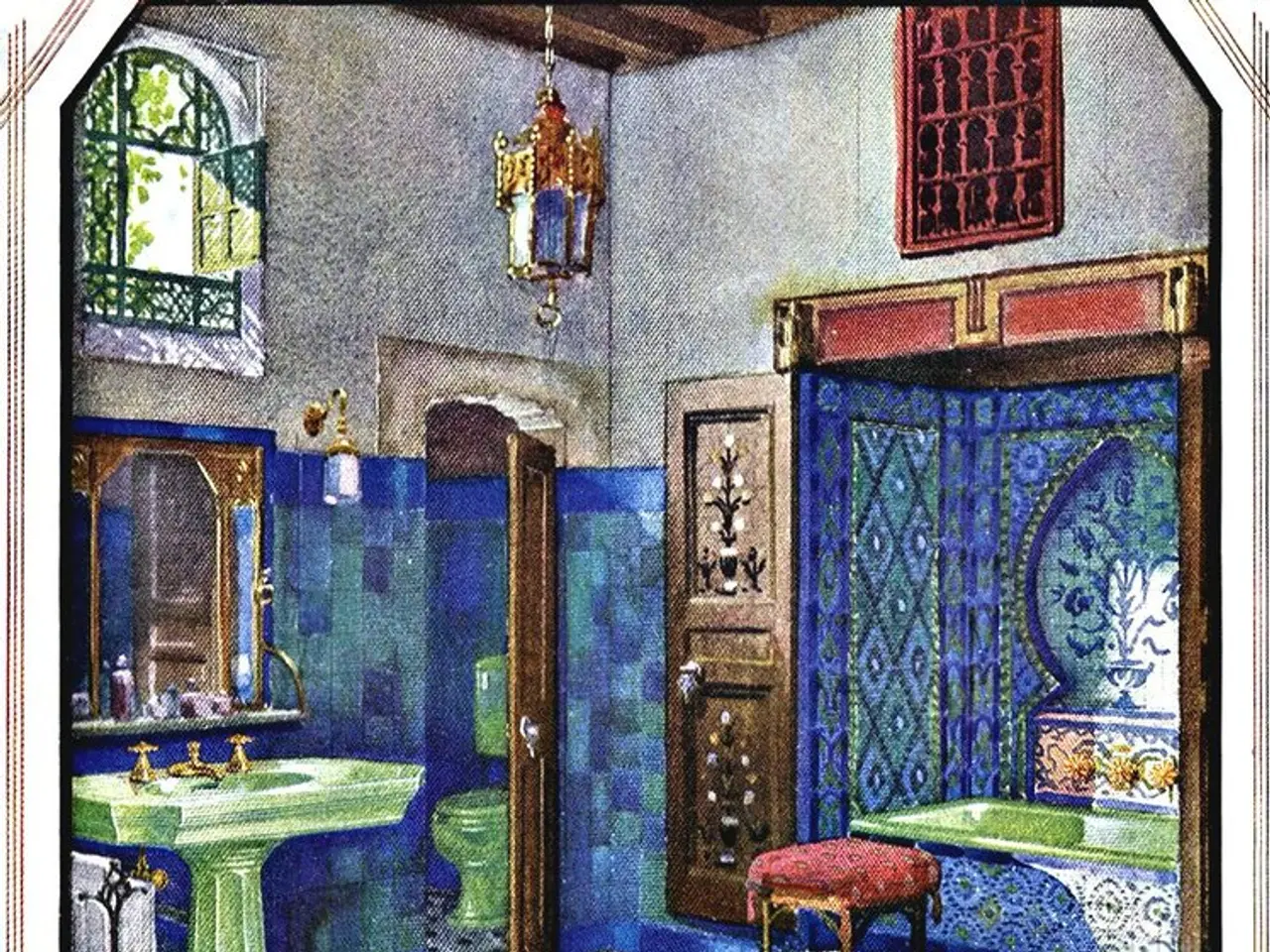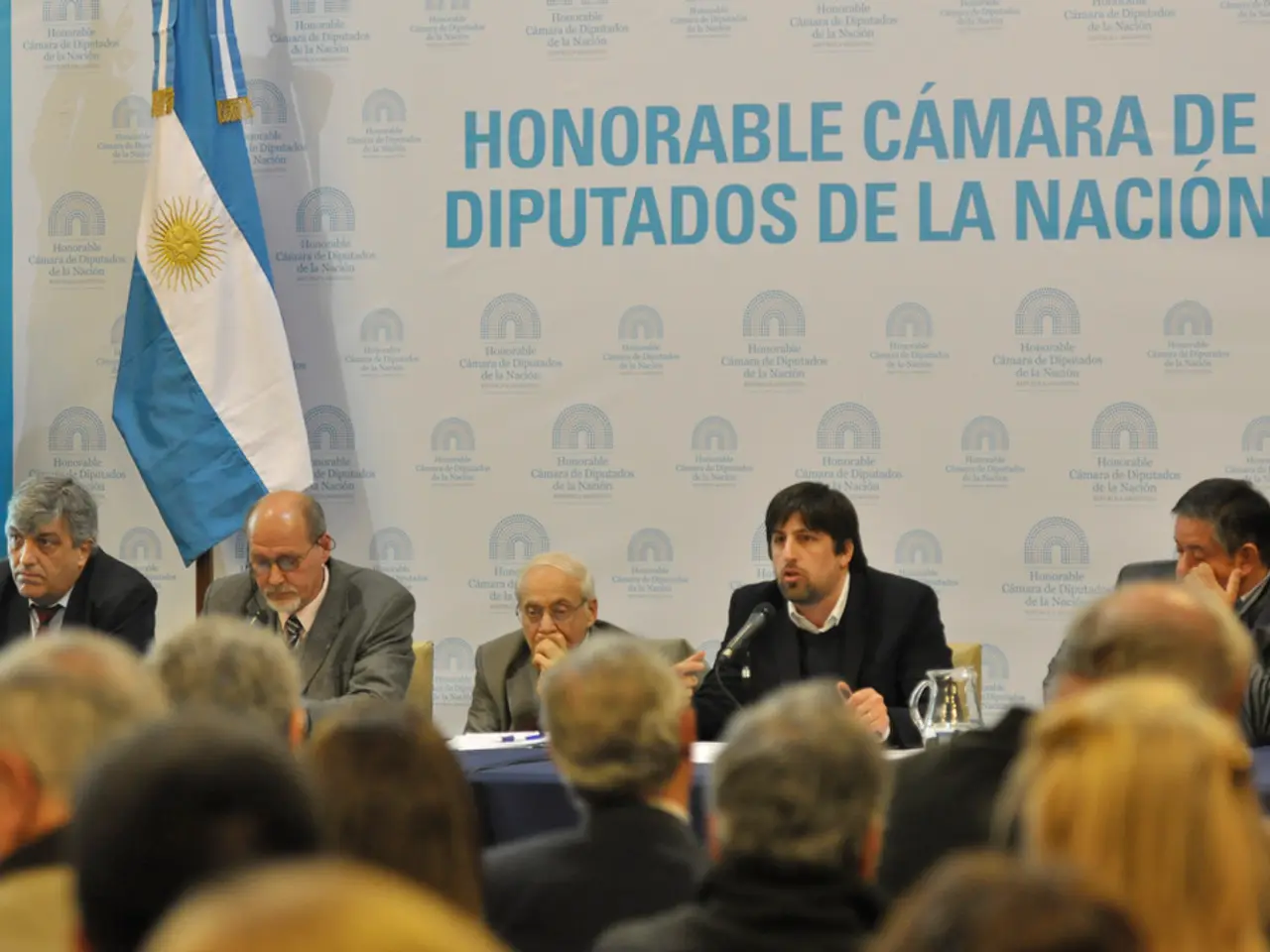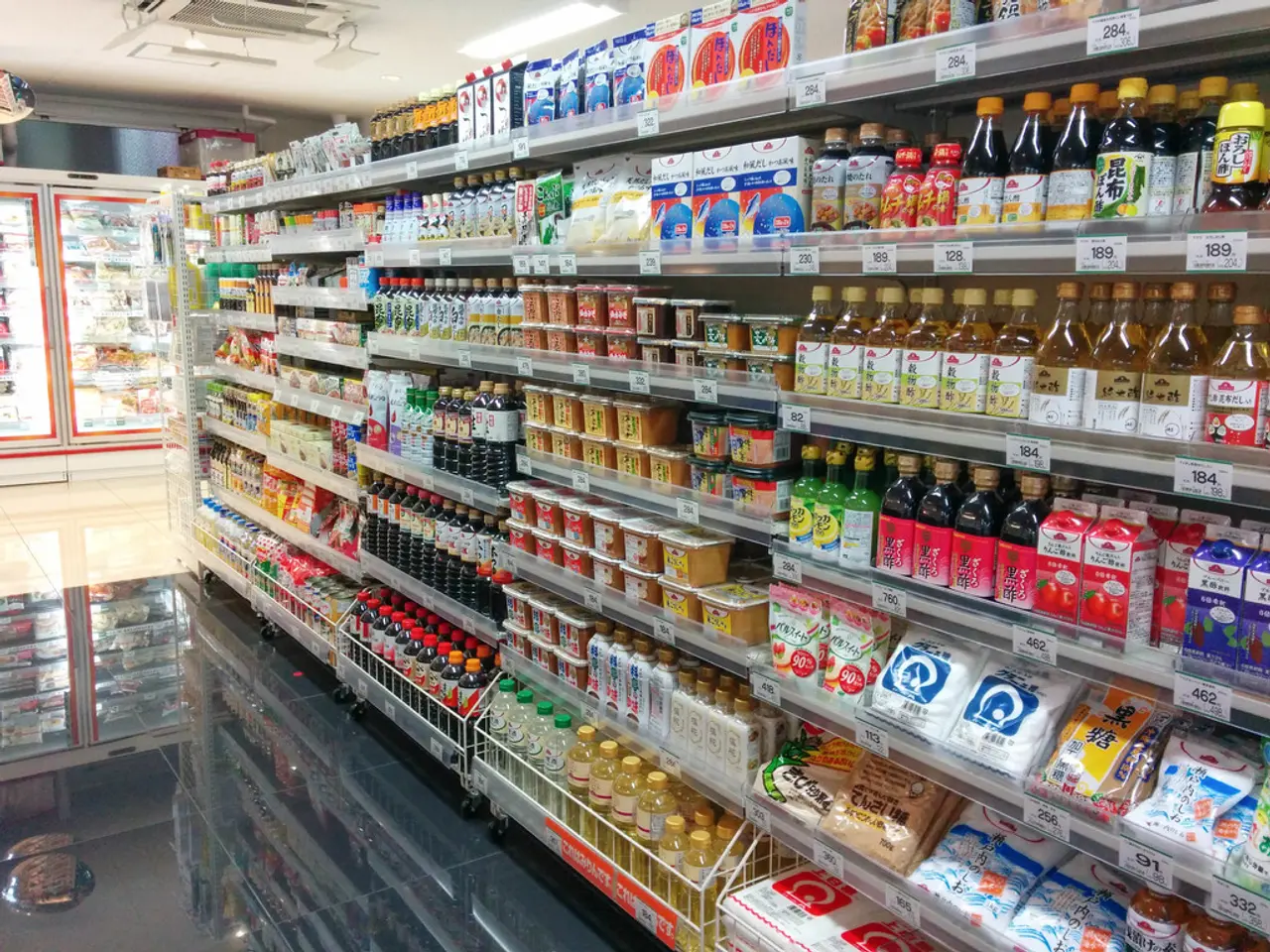Fissures emerge within the EU's cozy alliance of cartels
In the heart of Brussels, Ursula von der Leyen, the current President of the European Commission, is steering a course through a stormy sea of politics. Amidst her second term, which began in 2019 and will extend until the 2029 European elections, von der Leyen has faced challenges that test her leadership and the unity of the European Union (EU).
Von der Leyen's ambitious budget proposal, unveiled on July 16, 2025, aims to strengthen Europe's independence and address its challenges. The €2 trillion budget for 2028-2034, a significant increase from the previous €1.21 trillion, includes new EU-wide taxes on electric waste, tobacco, and corporate profits to bolster Brussels' own revenue. The financial allocations are also made conditional on compliance with the rule of law, a move aimed at addressing concerns about democratic backsliding in member states like Hungary.
However, von der Leyen's leadership has not been without controversy. A motion of censure against her and the Commission was scheduled for a vote on July 10, 2025, though its success was considered unlikely. This motion reflects broader debates over the democratic legitimacy and power dynamics within EU governance.
The political environment within the EU has become more contentious, with tensions between member states and the European Parliament as they negotiate budget priorities. The rise of populist parties and certain member states, such as Hungary, have exacerbated these divisions. Hungary's veto tactics in the Common Foreign and Security Policy and its obstruction of EU sanctions against Russia illustrate the difficulties in maintaining cohesion and enforcing EU policies.
The so-called "cartel regime" in the European Parliament may refer to entrenched alliances that complicate decision-making, further illustrating the fractious and competitive nature of current EU politics. These alliances, which are aimed at controlling resources rather than representing voters, have been a significant factor in von der Leyen's ability to remain in power.
Von der Leyen has edged cautiously to the right, forming a tacit working relationship with the European Conservatives and Reformists (ECR). This shift has raised concerns among the Socialists, Greens, and Renew, who worry that von der Leyen has been too accommodating to right-wing critics of the EU's Green Deal and mass migration.
As von der Leyen navigates these challenges, the question of her future remains uncertain. The quarantine around conservative and right-wing parties is starting to unravel, and another no-confidence vote could potentially threaten her leadership. However, if von der Leyen is eventually forced out, it will not be due to democracy in Brussels, but rather due to loss of patience from her fellow cartel members.
In the end, von der Leyen's tenure as President of the European Commission has been marked by ambitious attempts to reform and strengthen the EU budget and governance framework while navigating complex political friction fueled by rising populism, inter-institutional disputes, and challenges to the European Union’s unity and democratic principles. The EU continues to grapple with these issues, and von der Leyen's leadership will undoubtedly play a significant role in shaping its future.
- Debates regarding identity politics and the democratic legitimacy of EU governance have gained momentum, with some questioning the power dynamics within the European Union.
- Amidst such contentious politics, President von der Leyen's leadership style and alliances have come under scrutiny, as she has edged cautiously to the right, forming a working relationship with the European Conservatives and Reformists.
- With the rise of populist parties and certain member states, such as Hungary, cultural divisions and tensions between member states and the European Parliament have intensified, complicating decision-making and undermining the unity of the European Union.
- As the EU grapples with these internal challenges, free speech and cancel culture have emerged as significant issues in the realm of general-news, with critics questioning the democratic implications of certain power dynamics and alliances within the European Parliament.

